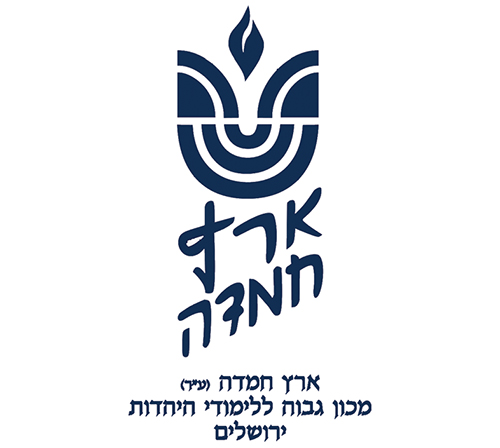לעילוי נשמת
יואל אפרים בן אברהם עוזיאל זלצמן ז”ל
Question: What should we know about the transition from Shabbat to Purim this year (outside Yerushalayim)?
Answer: There are no major issues, but there are a few that are worthwhile to raise. Normally, it is forbidden to eat a half hour before the time for Megillah reading (Mishna Berura 692:15; see Shulchan Aruch, Orach Chayim 235:2), which is tzeit hakochavim. However, since seuda shlishit is a mitzvah and it freezes, in some ways, the coming of the next day, one may continue to eat until tzeit hakochavim (three stars are out) (Mikraei Kodesh (Harari), Purim 4:5 in the name of Rav Mordechai Eliyahu). Using one’s standard assumption of when tzeit hakochavim is (not including the extra time for ending Shabbat), he might have to finish slightly before usual. There may also be a slight advantage to finishing eating bread by sunset or at least tzeit hakochavim to avoid the question about whether he should be saying Al Hanissim in Birkat Hamazon (see Mishna Berura 188:33). In any case, one should not recite Al Hanissim even if he bentches after tzeit hakochavim (ibid.).
It is generally forbidden to prepare (hachana) on Shabbat for Motzei Shabbat, even for a purpose of an after-Shabbat mitzvah (see Mishna Berura 667:5). However, one may prepare the leining on Shabbat even from a Megillah scroll (it is, therefore, not muktzeh—Mishna Berura 688:18). It is forbidden to bring the Megillah to shul on Shabbat—even if there is an eruv—due to hachana (Chayei Adam II:155:10), unless he will read/learn from it before Shabbat ends (Shaarei Teshuva 693:2; see Machazei Eliyahu 58).
Rishonim debate whether to read Megillat Esther in shul before or after Havdala (see Darchei Moshe, Orach Chayim 693:2). The opinion accepted both by Ashkenazim (Rama, Orach Chayim 693:1) and Sephardim (see Chazon Ovadia, Purim page 68) is to read the Megillah before Havdala. The Levush and Gra (to Orach Chayim 693:1) say the reason is to delay the exit of Shabbat (based on Pesachim 105b) despite the preference that we usually do the more common mitzvah first. This is one of the factors in the machloket whether to light Chanukah candles before or after Havdala (see Mishna Berura 681:3 and Beur Halacha ad loc.). Some say that the matters are fully equivalent—and in both areas—in shul one does Havdala after the present mitzvah, whereas at home there is more reason to do Havdala first (Daat Torah to 693:1). Some say that Megillah reading has a special status of pirsumei nisa (publicizing the miracles) that exceeds even that of Chanukah candles (Imrei Esh, Orach Chayim 53).
Another machloket is, given that Havdala is done after the Megillah, whether one should at least make the bracha on fire before that. The Kolbo’s (41) first opinion is that we should thank Hashem for light before benefitting from it during the reading, and this is the minhag of most Sephardim (Chazon Ovadia ibid., page 67). Ashkenazim follow the Kolbo’s second opinion, that there is no problem with using light before the bracha—as that requirement is fulfilled every morning—and here, it is a general praise for Hashem’s introducing fire to Adam (Pri Megadim, MZ 693:1, based on Maharsh Halevi, Orach Chayim 28).
There is an apparently relatively recent practice, with significant upside in many communities—to hold Maariv on Motzei Shabbat/Purim well after its regular time. This gives families the time to prepare for Megillah reading (including driving, getting kids’ costumes on, etc.). It is possible to make Havdala before Maariv—including the Havdala candle—after making a declaration of ending Shabbat, at the proper time (see Mishna Berura 294:1). Under these circumstances— that many people will be doing significant melacha before Maariv—it is likely and also worthwhile to do a full Havdala (see Shulchan Aruch, Orach Chayim 299:10). There is no problem here doing Havdala before Megillah reading, considering that the communal reading is not ready to be done yet (one should not eat other than drinking the “Havdala wine”). In shuls that never do Havdala on Motzei Shabbat, there should be no need on Purim. For those shuls that recite Havdala, it is best that one who has not yet recited Havdala do so.
Rabbi Mann is a dayan for Eretz Hemdah and a staff member of Yeshiva University’s Gruss Kollel in Israel. He is a senior member of the Eretz Hemdah responder staff, editor of Hemdat Yamim and the author of “Living the Halachic Process Volumes 1 and 2” and “A Glimpse of Greatness.”













